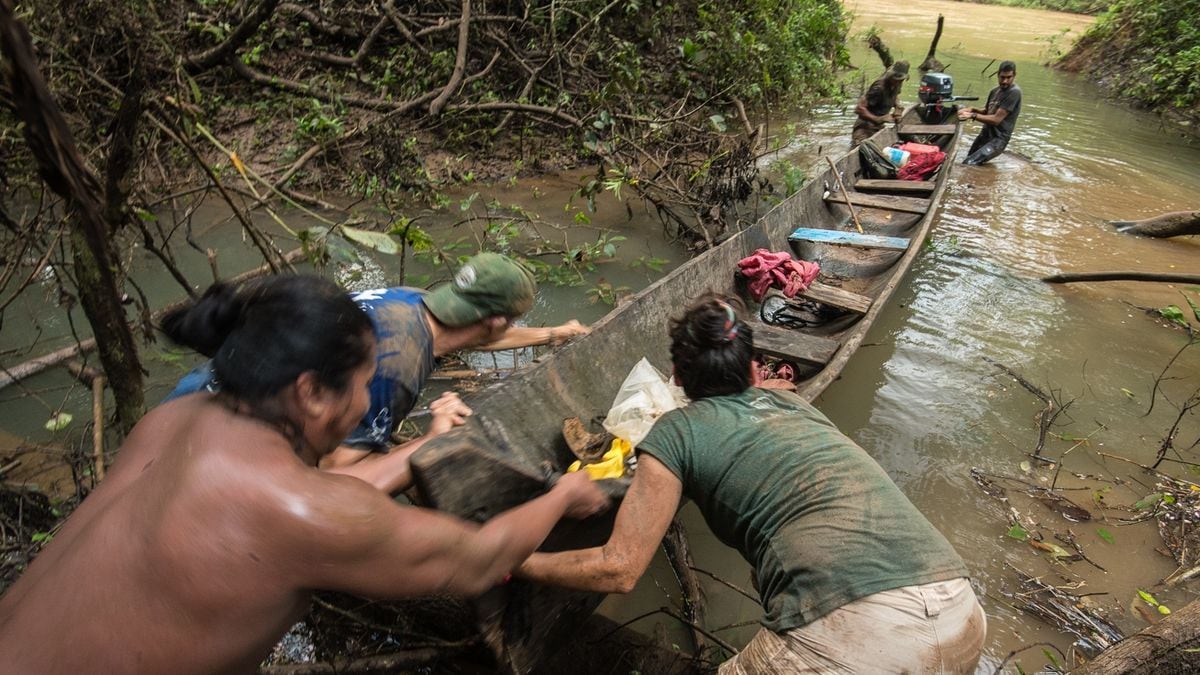Indio Maz is the most important tropical forest in Central America. It measures 2,639 square kilometers and is located in the southeast corner of Nicaragua, bordering the San Juan River.
About 500 species of animals live in its foliage, including the Mesoamerican tapir, a rare mammal that is in danger of extinction due to the loss of its habitat. The voracity of illegal livestock farming, instigated by meat exports to the United States and Europe, has cornered these indigenous peoples "to the brink of ethnocide," according to the community. The land invaders are devouring a forest on which John Mcrea and his family depend for everything: drinking water, eating, economic subsistence, and even their spiritual connection with nature. Camilo De Castro Belli and Brad Allgood, two filmmakers who for seven years went into the forest to produce the documentary "Patrol," premiered early April in San José, Costa Rica. The film was directed by Camilo. The documentary is thorough in showing how indigenous communities patrol Indio Maz tirelessly. A community effort, self-managed, with hardly any resources. A patrol that is, at the same time, very dangerous: the settlers often attack the indigenous people with firearms. A violence that has left at least 70 indigenous people murdered in the last decade in Nicaragua. The invasion and illegal livestock farming occurs under the omission and even connivance – denounces De Castro Belli – of the Government of Daniel Ortega and Rosario Murillo. “All this is happening in full view of the authorities, because they know that the auctions are in the mountain passes, in the buffer zone of the reserve, warns the documentary filmmaker, who in 2018 had to go into exile in Costa Rica. The documentary is to prove how Nicaragua's Bovine Traceability System is "a failure." The film also shows how livestock farming involves the use of agrochemicals and illegal hunting.

